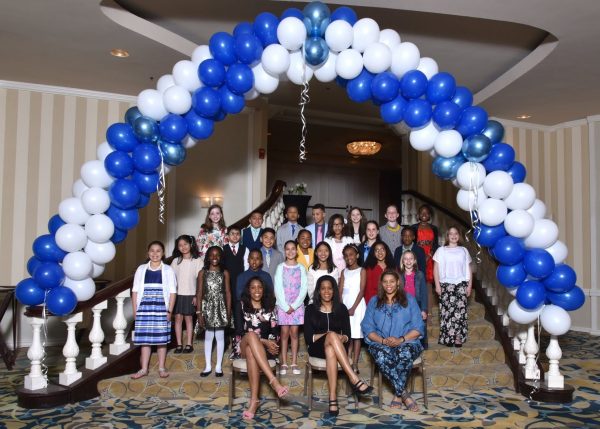Evanston’s Climate Action and Resilience Plan, Explained
March 22, 2021
Initially released in Nov. 2018, Evanston’s Climate Action and Resilience Plan, otherwise known as CARP, details a vision for Evanston to be climate resilient and carbon neutral by 2050.
Implemented and supported by Evanston’s Environment Board, CARP expounds specific goals, presents the appropriate methodology and describes the necessary guidelines for supporting Evanston’s transition into becoming a sustainable and climate-ready city.
The board describes its guiding principles in the implementation of CARP, explaining that its priorities are maintaining an equity-centered lens, keeping the project outcome-focused and ensuring that CARP remains cost-effective and affordable.
Nearly two years after CARP’s release, the City of Evanston announced the formation of a new task force to monitor the implementation and organization of the plan. The task force meets weekly to report progress and reassess the goals and methodology of CARP.
Jerri Garl, an Environment Board member, describes the six areas of focus for CARP tracking, stating that they are: “renewable efficiency, urban canopy and green space, building efficiency, green infrastructure, education and outreach, zero waste and transportation and mobility.”
In order to ensure the project supports all citizens, CARP details a system of accountability, in which all decisions and methods must be “approved by City Council and implemented by the Office of Equity and Empowerment with advisory support from the Equity and Empowerment Commission” with guidance from external environmental leaders (CARP). Centered around accountability and equity, CARP details a foundation upon which the city can become climate resilient while maintaining social and economic equality.
Community members and citizens are at the forefront of the fight to create a sustainable future in Evanston. According to Kumar Jenson, Evanston’s chief sustainability and resilience officer, “It was the community support and interest that has really been the driving force in Evanston, and it spurred local government to action.”
7th Ward Alderwoman Eleanor Revelle, who is up for re-election on April 6, hopes to push Evanston to fulfill the goals detailed in CARP and supports the idea of more student involvement in the plan’s implementation: “I know that youth are very concerned about the climate crisis. I think it would be great if students would like to participate in CARP coordination meetings.”
While stalled by the COVID-19 pandemic and lockdowns, CARP is not only widely supported by both Evanston citizens and lawmakers but also recognized state-wide for leading the effort to enact city-wide initiatives to combat climate change: “Evanston became the first Illinois city to [plan to] get 100% of its energy from renewable sources by 2030 and the first to target carbon neutrality by 2050.”
The plan is coming to fruition, and further advancements are sure to come.

















